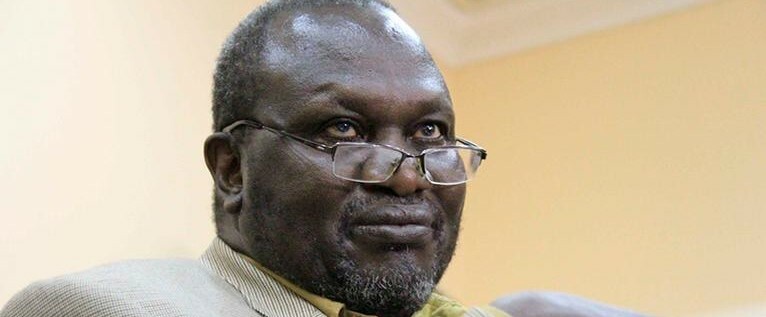South Sudan’s First Vice- President Dr Riek Machar has said the world’s youngest nation should have adopted the Sudan laws instead of drafting new ones.
Machar expressed the sentiments at the conclusion of the validation of Judiciary Reform Committee (JRC) report in Juba on Friday.
He said an independent South Sudan should have inherited the Sudan laws they participated in creating and embarked on catching up with the rest of the world.
The First Vice-President, however, pointed out that the sharia (Islamic law) should not have been adopted.
South Sudanese, he said, contributed to the enactment of most of the Sudan laws, and therefore adopting them and amending some would have precipitated the reforms.
“If we had adopted the laws of Sudan which we contributed to properly, we would have reformed our judiciary system and justice administration without difficulties, but we decided to start from scratch,” he said.
Machar further advised the country to reconsider adopting the pre-South Sudan independence laws, except sharia, in order to catch up with other countries that have reformed their judicial systems, rather than having news laws.
“Maybe we have to critically think some of our decisions when we rejected the adoption of the Sudan laws prior to independence, except for sharia,” he reiterated.
The First Vice-President, who is also the chairman of the opposition SPLM-IO Party, has tasked JRC to deliberate on the laws enacted in Warrap and Lakes states, with a view to ending the vicious cycle of conflict and cattle rustling.
This year, Warrap State introduced the Green Book law, which includes severe penalties, like the execution by the firing squad, for offences such as cattle raiding, revenge killings, rape, forced marriages, kidnapping, and hate speech.
In 2022, Lakes State implemented a similar law called Public Order, aimed at addressing the crimes.
“You know, Warrap and Lake states are one step ahead of the others. I think what they are trying to do is to have a state penal code,” he said.
Meanwhile, Chief Justice Chan Reech Madut emphasized the need for the judicial transformation to prioritize the upholding of the fundamental human rights, pointing that the cultures that abused them should be abolished.
“Bear in mind that we’ve got some customs that undermine fundamental human rights. An example is the giving of a young girl compensation to family whose member has been killed to become a wife when she comes of age,” he said.
Reech said the country must respect human rights at all levels for there to be meaningful judicial reforms.
The Transitional National Legislative Assembly Speaker, Jemma Nunu Kumba, emphasized the importance of an independent judiciary in a democratic transition.
She said a reformed judiciary promotes transparency and accountability and fosters trust between the citizens and the government. Radio Tamazuj






